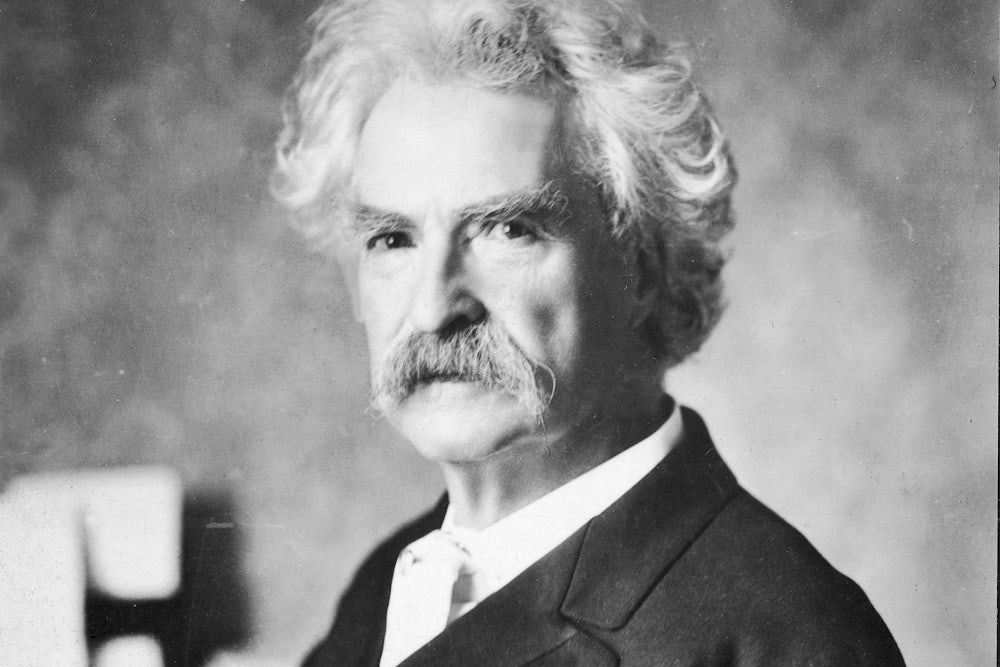This seems to us a good week to reprint two famous documents by Mark Twain. They are often quoted, but not often enough, as events of the past few days in Ethiopia demonstrate. The first of these is his description of the development of war hysteria, written many years ago and published in “The Mysterious Stranger”:
There has never been a just one, never an honorable one—on the part of the instigator of the war. I can see a million years ahead, and this rule will never change in so many as half a dozen instances.
The loud little handful—as usual—will shout for the war. The pulpit will, warily and cautiously, object—at first; the great, big, dull bulk of the nation will rub its sleepy eyes and try to make out why there ‘ should be a war, and will say, earnestly and indignantly, “It is unjust and dishonorable, and there is no necessity for it.”
Then the handful will shout louder. A few fair men on the other side will argue and reason against the war with speech and pen, and at first will have a hearing and be applauded; but it will not last long; those others will outshout them, and presently the antiwar audiences will thin out and lose popularity.
Before long you will see this curious thing: the speakers stoned from the platform and free speech strangled by hordes of furious men who in their secret hearts are still at one with those stoned speakers—as earlier—but do not dare to say so.
And now the whole nation—pulpit and all—will take up the war cry, and shout itself hoarse, and mob any honest man who ventures to open his mouth; and presently such mouths will cease to open. Next the statesmen will invent cheap lies, putting the blame upon the nation that is attacked, and every man will be glad of those conscience-soothing falsities, and will diligently study them, and refuse to examine any refutations of them; and thus he will by and by convince himself that the war is just, and will thank God for the better sleep he enjoys after this process of grotesque self-deception.
The other document is his famous “War Prayer,” written thirty years ago and recently circulated again by the Mark Twain Centennial Committee:
O Lord our God, help us to tear their soldiers to
bloody shreds with our shells; help us to cover their
smiling fields with the pale forms of their patriot dead;
help us to drown the thunder of the guns with the
wounded, writhing in pain; help us to lay waste their
humble homes with a hurricane of fire; help us to
wring the hearts of their unoffending widows with unavailing
grief; help us to turn them out roofless with
their little children to wander unfriended through
wastes of their desolated land in rags and hunger and
thirst, sport of the sun flames of summer and the icy
winds of winter, broken in spirit, worn with travail,
imploring Thee for the refuge of the grave and denied
it—for our sakes, who adore Thee, Lord, blast their
hopes, blight their lives, protract their bitter pilgrimage,
make heavy their steps, water their way with their
tears, stain the white snow with the blood of their
wounded feet! We ask of One who is the spirit of
love and who is the ever faithful refuge and friend of
all that are sore beset, and seek His aid with humble
and contrite hearts. Grant our prayer, O Lord, and
Thine shall be the praise and honor and glory, now and
ever. Amen.
